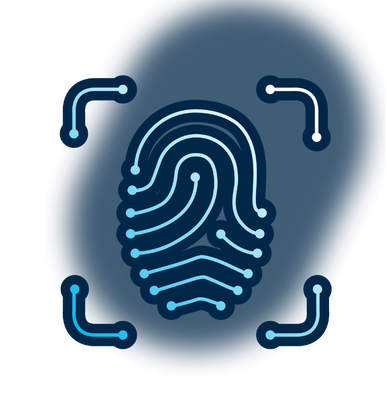
Digital Forensics
Mobile Phone Forensics

As a leading mobile phone forensics provider, CYFOR are experts in the preservation, extraction, analysis and reporting of digital evidence retrieved from mobile devices.
Adhering to strict forensic methodology and regulatory guidelines, all investigations ensure that any extracted data is forensically sound and can be used as admissible evidence in criminal, civil and corporate legal proceedings.
Mobile Phone Forensic Investigations
Mobile phone forensics has become more prevalent, with smartphone devices increasing in performance, data storage capacity and overall capabilities. Operating across the UK, Ireland and internationally, our digital forensic investigators are specialists in mobile phone investigations. We preserve, extract, analyse and report the electronic data retrieved from mobile devices for use in criminal, civil, corporate and legal aid matters.
Specialist Mobile Phone Forensics
Our senior case managers will guide you through each stage of the comprehensive examination process, removing any complex jargon and ensuring you’re kept up to date at each phase.
Following strict forensic methodology on every investigation undertaken and The National Police Chiefs’ Council (NPCC) guidelines, ensures that any extracted data is forensically sound and can be used as admissible evidence in legal proceedings.
- Examining and recovering digital evidence for use in legally aided cases, civil or criminal, defence or prosecution.
- Determining whether data theft has occurred within your business.
- Identifying illegal and indecent imagery.
- Establishing the extent of a policy breach within your organisation.
- Recovery of deleted or lost data.
- Summary of mobile internet usage.
- Production of photographs, videos and call lists.
- Determine location of a phone at a specific time and date.
What data can be retrieved?
Depending on the case objectives of the client, it is possible to retrieve both live and deleted data from a smartphone.
- SMS & MMS
- Emails
- Call history and voicemails
- Photographs and videos
- Internet history and bookmarks
- WiFi history
- Social media history
- App installation history
JTAG Forensics
JTAG involves the disassembly of a mobile phone and the connection to test points or components on the motherboard in order to read data from the handset. A connection can be made using specialist adapters, by micro-soldering wires or a combination of the two. Wires can be de-soldered after data extraction to return the handset to its prior state. Using this method, we can extract data from handsets unsupported by forensic software along with PIN, pattern or password-protected phones.
Chip-off Forensics
Chip-Off involves the removal of the flash memory chip from a mobile phone and the use of specialist hardware and software to read the data from it. Using this method, we can extract data from handsets unsupported by forensic software or JTAG along with PIN, pattern or password-protected phones and damaged or otherwise non-working handsets.
Why Instruct CYFOR?
CYFOR has over two decades of experience in mobile phone forensics. We utilise the latest forensic software to provide a complete and thorough forensic analysis. We are also proud to have industry-recognised experts at our disposal, including ex-military forensic investigators.
CYFOR adhere to legal aid rates and The National Police Chiefs’ Council (NPCC) Guidelines. Combined with the latest mobile phone forensics examination techniques, our experts can provide a profile of usage to ensure the highest quality of investigations and reporting.
- Experienced case managers
- ISO 27001 & ISO 9001 accredited
- Court trained expert witnesses
- Secure in-house couriers
- Established reputation
- Adhere to legal aid rates
Contact our experts today
Send an enquiry to our experts
After submitting an enquiry, a member of our team will be in touch with you as soon as possible
Your information will only be used to contact you, and is lawfully in accordance with the General Data Protection Regulation (GDPR) act, 2018.